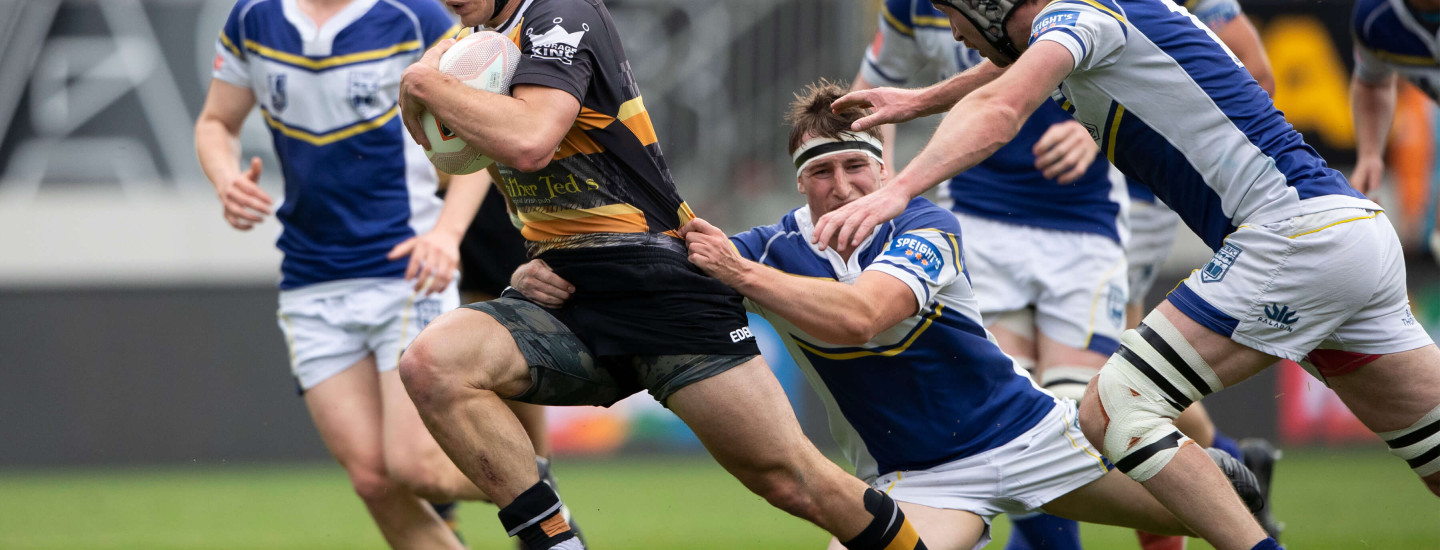The role of a Club
Rugby Clubs have a huge role and responsibility in setting the right culture for the coaches, managers, players, and their whānau. Everyone has a role in keeping your players safe in rugby. As a club, it's your responsibility to provide the education, resources and support to your members.
EDUCATE
Make sure all your club leaders have the correct level of education. All coaches need to have completed a RugbySmart course as a minimum.
Encourage the use of concussion resources in your clubrooms and share them with your coaches. These resources will remind your members of the importance of not ignoring concussion and support coaches to have concussion discussions.
Encouraging concussion discussions with players and whanau. Players need to understand the signs and symptoms of concussion and what to do if they suspect they might have a concussion. It's important that they know who to tell to get help and that this is a priority for the adults in their life too. We know that coaches have the single most influence on the liklihood of a player reporting concussion so the first step in ensuring there are open lines of communication.
PREVENT
Here are some ways you can reduce your risk of getting hurt on the field:
- Warming up before any activity, whether it's before training or a game. This is proven to reduce the risk of injury.
- Take the time to learn the correct technique. This is especially important when tackling.
- If you do get injured, don't rush back into action; you could re-injure yourself. Take your time to get better first
- Prioritise rest and recovery time. That doesn't have to mean staying on the couch. You can do a lower intensity activity like walking or yoga as a great option too.
RECOVER
Be Kaitiaki of your players and make sure they recover fully before taking the field again.
After a suspected concussion, players must complete the Graduated Return to Learn/Work and the Return to Play (GRTP) program. These programs are based on international best practice with the goal of helping players recover and get back to school/work and sport.
An athlete should not go back to sports until they are back to school or work without symptoms getting significantly worse and no longer needing any changes in their schedule.
Although most players recover within the above timeframes if at 21 days you are still having concussion symptoms we encourage you to seek further medical treatment.
